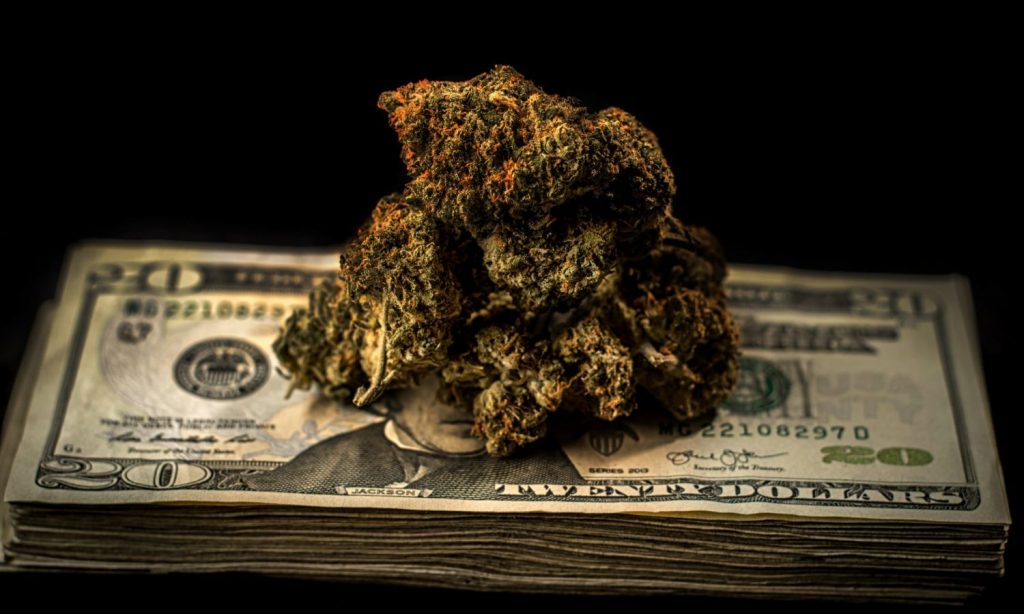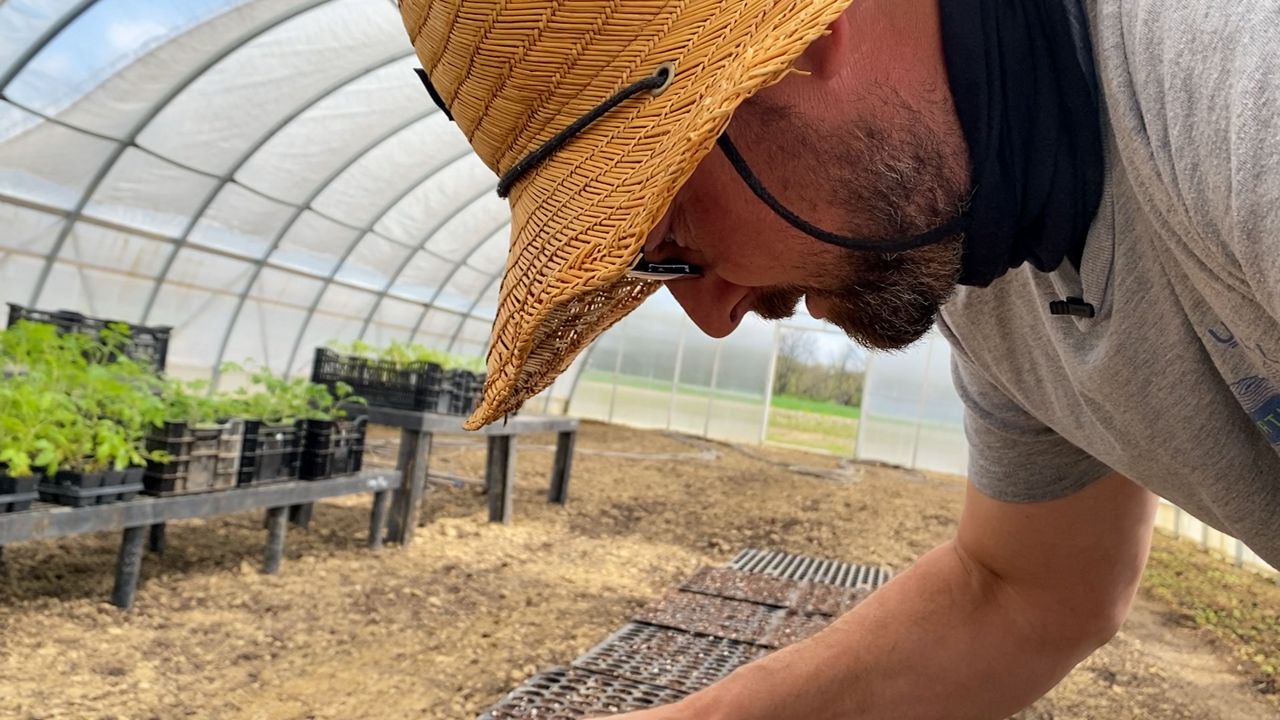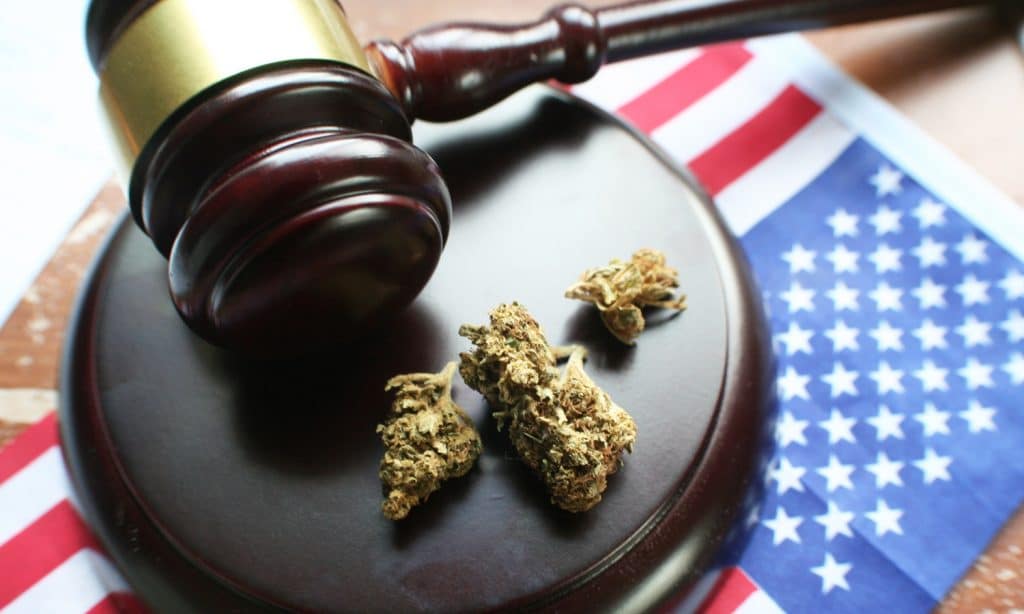It’s been well over two years since Mexico’s Supreme Court made its 5th consecutive ruling which knocked down cannabis prohibition. And yet, with no debate as to whether legislation must pass, it still has not, making cannabis remain in the legal gray area of Supreme Court legalization, and legislative illegality. So, what’s the current story with Mexican cannabis legalization?
The world changes quickly – new states are legalizing cannabis every day, and even Mexican cannabis legislation is set to go through eventually, even if not on time. In this ever-changing world of cannabis, one of the newer, and more exciting, additions to the products family, is delta-8 THC, a slightly different variation of delta-9 THC, which causes less anxiety in users, and provides a clear-headed high. Sound beneficial? We’ve got great delta-8 THC deals so you can give it a go yourself, and keep up with the newest change in the industry.
Why cannabis is already kind-of legal in Mexico
The most interesting aspect of the current Mexican cannabis legalization dilemma, is that there isn’t really a debate to be had over general legality. Though the public might be fooled by titles like this from last year: Mexican Senate Passes Bill To Legalize Marijuana Nationwide, which make it sound like the decision was only just made, this is not the case at all.
Back in October 2018, the Supreme Court of Mexico made its 5th of five consecutive rulings related to cannabis possession. The ruling was in favor of the defendants, and since it was the 5th consecutive ruling of its kind, it kicked in jurisprudencia. In Mexico, jurisprudencia takes effect if the Supreme Court makes five consecutive rulings on a specific matter, and when this happens, the ruling becomes binding for all lower courts, essentially creating judicial law.
What does this do? It puts the judiciary branch of government at odds with the legislative branch, which was not changed due to the Supreme Court rulings. The legislative branch of government is then required to update itself in order to stay in concert with the courts. As such, though the decision of legality has technically been made, how this will be done has not been hammered out fully, leading Mexico’s legislature to ask for extensions for 2.5 years running. For anyone confused, the extensions have no bearing on whether legislation will pass, as it has already been decided that it must. The only thing being argued about, are the exact provisions related to the upcoming Mexican cannabis legalization.








